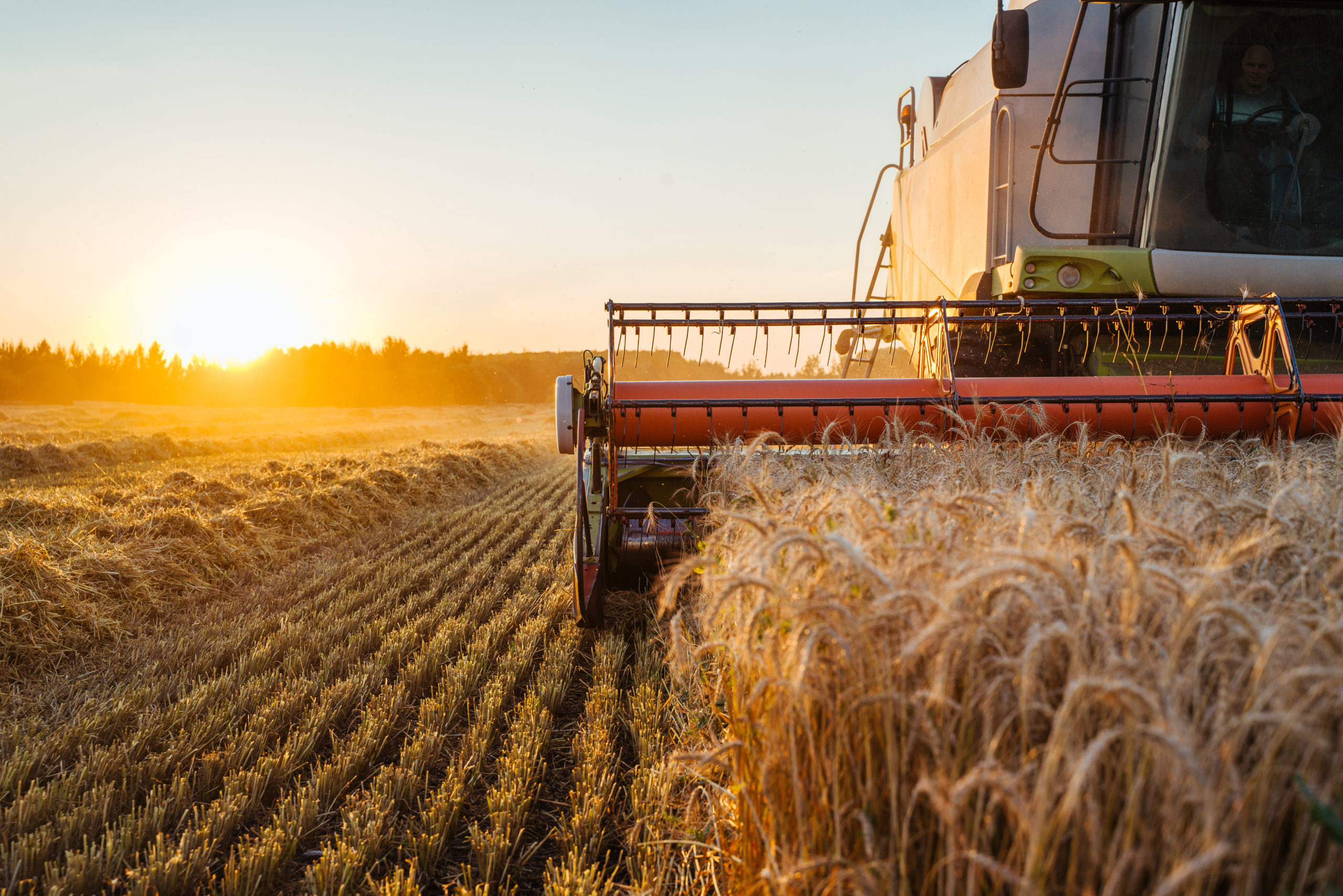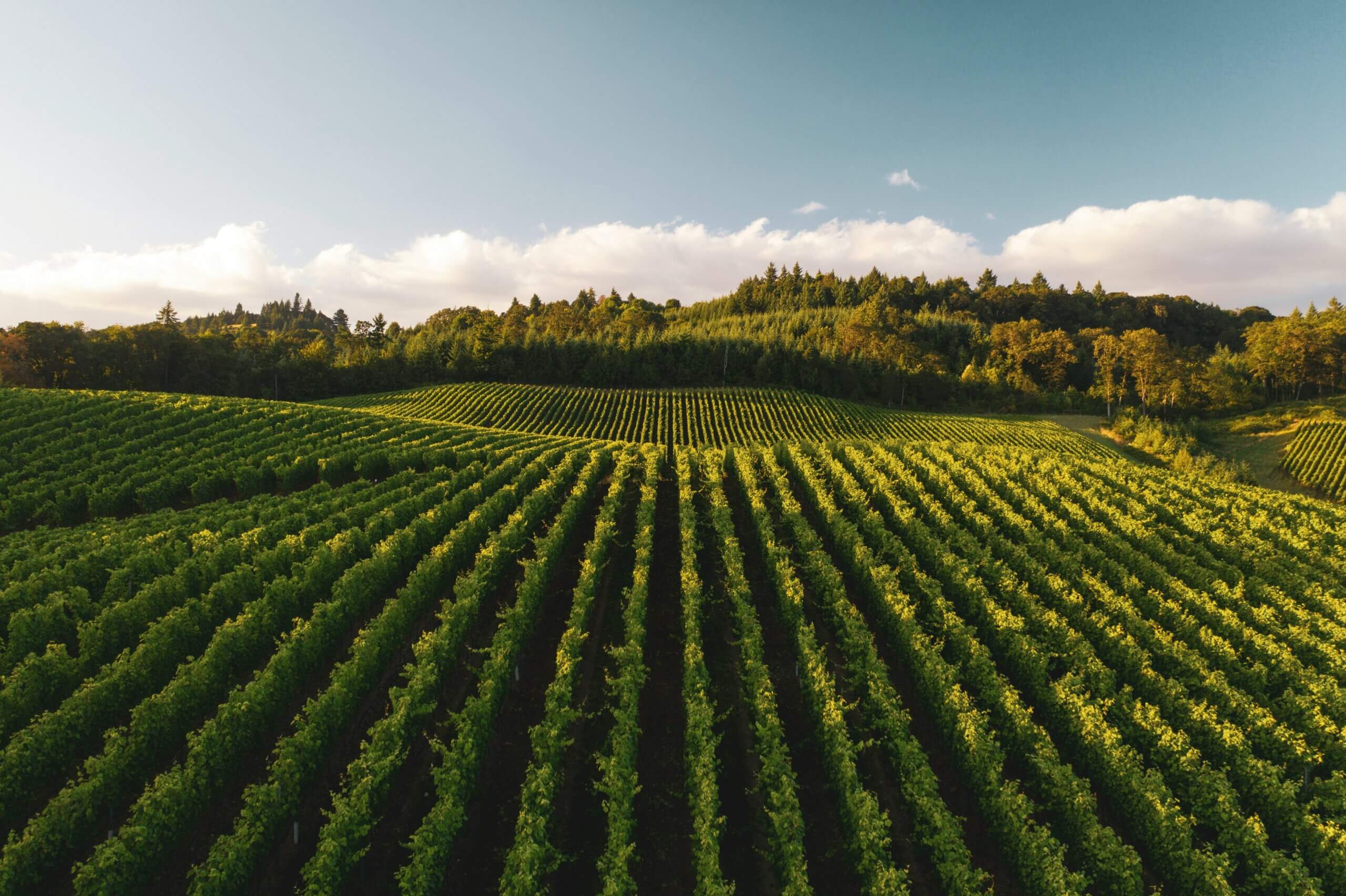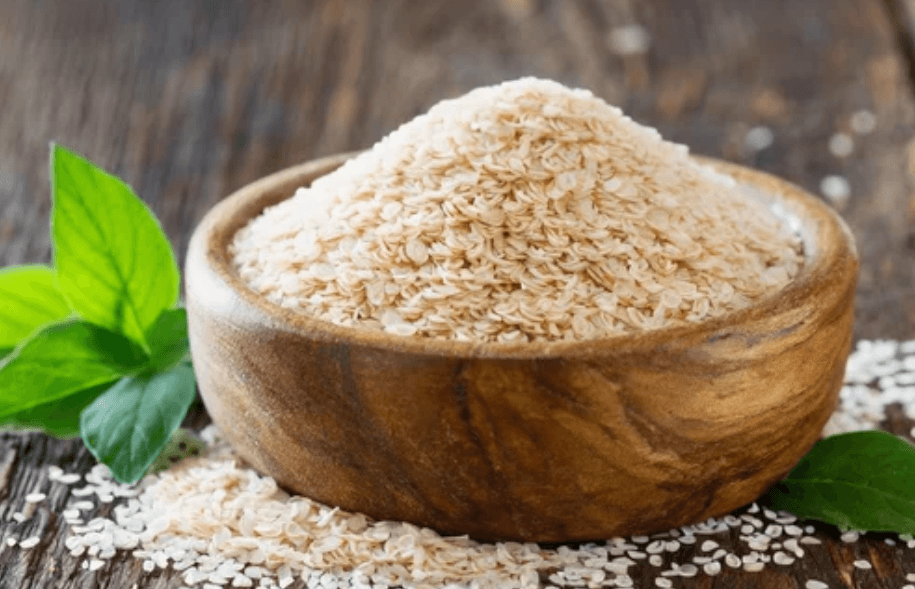In recent years, the demand for organic food has surged as consumers increasingly prioritize health, sustainability, and ethical consumption. At the heart of this movement lies a crucial aspect: transparency throughout the organic food supply chain. This transparency is not merely a buzzword but a cornerstone that ensures organic integrity from farm to table.
The Importance of Organic Certification
Organic certification isn’t just about labeling; it’s a rigorous process that verifies farming practices align with strict standards. These standards prohibit the use of synthetic pesticides, genetically modified organisms (GMOs), and emphasize sustainable practices like crop rotation and soil health. To maintain consumer trust, organic food producers must adhere to these guidelines meticulously.
Traceability: From Seed to Shelf
Traceability is the backbone of organic integrity. It involves tracking every step of production, processing, and distribution. From the initial seeds planted in the soil to the final product on store shelves, every stage must be documented and verified. This ensures that organic produce remains uncontaminated by non-organic substances throughout its journey.
At the farm level, transparency begins with organic certification. Farmers undergo extensive audits and inspections to ensure compliance with organic standards. This includes documenting soil management practices, seed sourcing, and pest control methods. Any deviation from these standards could jeopardize the organic certification.
Moreover, many organic farms embrace additional transparency measures such as farm tours, open-door policies, and community engagement. These initiatives not only build consumer trust but also educate the public about organic farming practices and the benefits of organic agriculture.
Processing and Distribution Challenges
Maintaining organic integrity becomes increasingly complex during processing and distribution. Organic ingredients must be segregated from conventional ones to prevent cross-contamination. Processors and distributors must also keep detailed records to verify the organic status of raw materials and ensure compliance with labeling regulations.
To enhance transparency, some organic food producers invest in technology such as blockchain and digital tracking systems. These tools provide real-time visibility into the supply chain, enabling stakeholders and consumers to trace a product’s journey from farm to fork.
Consumer Education and Trust
For consumers, understanding organic integrity is pivotal in making informed choices. Labels such as “USDA Organic” or “EU Organic” signify adherence to organic standards. However, educating consumers about these labels and what they signify is crucial. Transparent communication about farming practices, environmental stewardship, and sustainable agriculture builds trust and loyalty among consumers.
Challenges and Future Directions
Despite advancements, challenges persist in maintaining organic integrity. These include fraudulent labeling, global supply chain complexities, and evolving consumer expectations. Addressing these challenges requires collaborative efforts among regulators, producers, and consumers to uphold the integrity of organic food.
Looking ahead, the future of organic integrity lies in innovation and collaboration. Embracing emerging technologies, fostering transparency initiatives, and strengthening regulatory frameworks will be pivotal. Ultimately, by prioritizing traceability and transparency, organic food producers not only safeguard the integrity of their products but also contribute to a healthier, more sustainable food system for generations to come.
In conclusion, ensuring organic integrity through traceability and transparency is not just a regulatory requirement but a commitment to ethical farming practices and consumer trust. As awareness grows and technology evolves, the organic food industry stands poised to meet these challenges and deliver on its promise of healthier food and a healthier planet.



